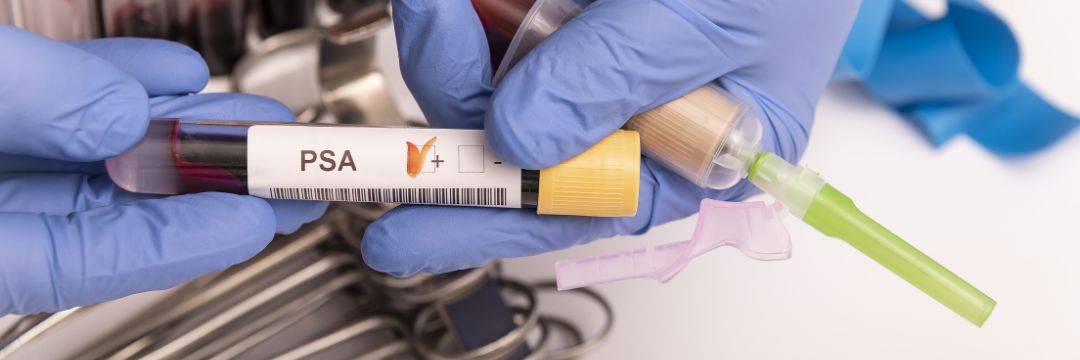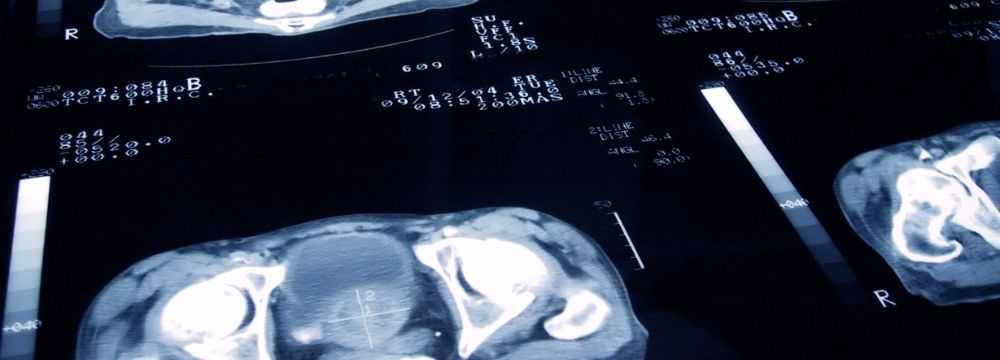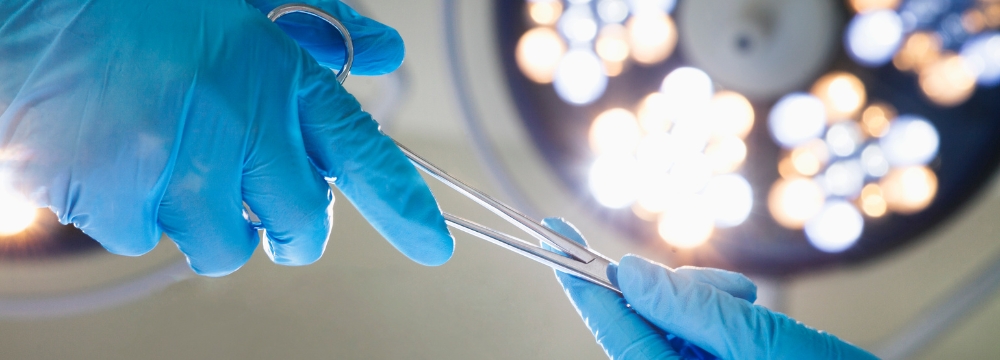The prostate is a gland that lies just below the bladder in men and surrounds the urethra (the pathway by which urine and semen leave the body). The prostate produces fluid that protects sperm.
But the prostate can also become a source of problems. Learning about these common disorders can help you know what to watch out for. In this article, the focus is on three common problems involving the prostate: an enlarged prostate, inflamed prostate, and cancer.
Enlarged Prostate
In most cases, a man’s prostate will continue to grow in size throughout his life. In some cases, the growth may become severe enough to obstruct the urethra. This is a condition called either an enlarged prostate or benign prostatic hyperplasia (BPH).
BPH is very common among older men. By the age of 60, around half of all men will have an enlarged prostate. By 80, more than 80% will have it.
Enlargement causes the prostate to put pressure on the urethra, reducing its diameter. As a result, it becomes harder for urine to pass through the narrowed duct. Symptoms of an enlarged prostate may include the following:
● difficulty urinating
● weak and intermittent urine streams
● frequent urination, even at night
● urinary incontinence, or the loss of control over urination
● sensations of being unable to empty the bladder
Lifestyle changes, including diet modification, can treat mild cases of BPH. Doctors may prescribe medications to reduce prostate size. Finally, surgery can be used to remove parts of the prostate compressing the urethra.
Prostatitis
The prostate can become inflamed for a variety of reasons. Typically, prostatitis is caused by a bacterial infection but sometimes bacteria are absent and the cause of prostatitis cannot be determined.
A common symptom of prostatitis is pain felt within the groin area. A feeling of fullness just behind the scrotum is another common symptom. Men with prostatitis may experience pain during urination and ejaculation. If the cause is bacterial in origin, patients may also have cloudy urine.
In general, prostatitis caused by a bacterial infection requires immediate treatment. Antibiotics are the usual course of treatment. For cases with unknown causes, the prognosis is usually good, although there may be a risk of infertility.
Prostate Cancer
Prostate cancer is second only to skin cancer as the most common cancer among men. As many as 1 in 6 men will develop prostate cancer. As is the case with an enlarged prostate, the likelihood of prostate cancer increases with age.
Fortunately, most prostate cancers are slow-growing, and a man’s odds of dying from prostate cancer is very low. In many cases, other conditions such as heart disease lead to death before prostate cancer has a chance to become lethal.
Prostate cancer screening consists of a blood test and a physical exam. The blood test checks for high levels of prostate-specific antigen (PSA) in the blood. During the physical exam, a doctor inserts a gloved, lubricated finger into the rectum and manually inspects the prostate for any tumors. Treatments for prostate cancer include radiation therapy, chemotherapy, and surgery.
Get Tested
If you suspect you or someone you know may be suffering from a prostate problem, reach out to Carolina Urology Partners. We cater to men in Concord, North Carolina, experiencing urology issues such as BPH, prostatitis, and prostate cancer. Call now at or schedule an appointment now so you can receive the best care possible.









